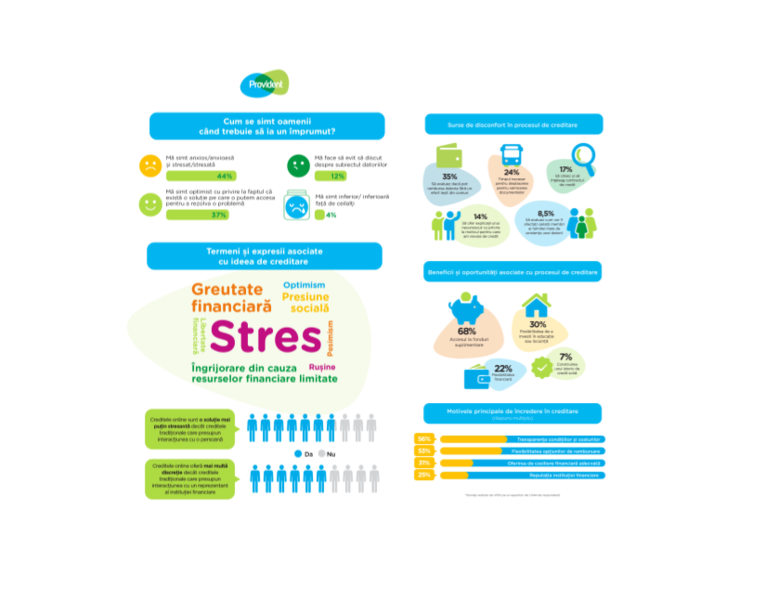The labor markets of the eight Central and Eastern European states that joined the European Union in 2004 as well as those of Romania and Bulgaria used to have excessive unemployment rates in the early nineties, but are now facing labor force crises, a World Bank study quoted by Eubusiness shows.
The World Bank report warns that by 2000, the unemployment rates in most of the post-communist countries was over 10%. The period was characterized by high unemployment and a serious lack of new jobs.
Market opportunities were insufficient to absorb the population that had previously worked in outdated sectors.
Co-author of the report, Jan Rutkowski said that two years ago, new jobs were hard to find.
However, once in the European Union, the market opportunities changed significantly. The eight post-communist countries - Estonia, Letonia, Lithuania, Poland, the Czech Republic, Slovakia, Hungary and Slovenia witness a boom in this sector.
In Lithuania, available jobs tripled while in Poland, Letonia and the Czech Republic the numbers doubled.
Labor market migration especially from Poland and the Baltic states towards other prosperous countries like the UK or Ireland generated a labor force crisis on local markets.
The WB report argues that the countries fail to counter the waves of migration.
Among the proposed solutions, World Bank experts recommend local authorities to improve working condition by reforming the social security systems.
Another recommendation refers to the quality of the labor force. Experts argue that the states should reform the education system and encourage domestic labor mobility.




















